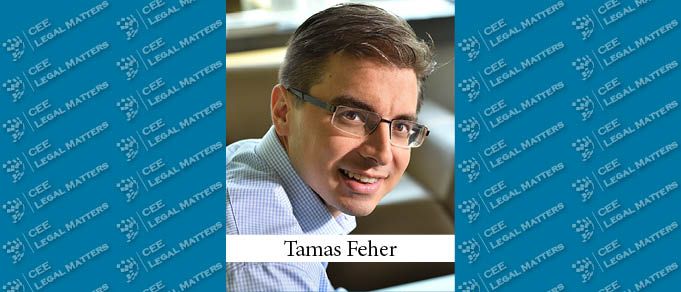According to the decision of the Court of Justice of the European Union of 16 May 2024 (C-746/22), the Hungarian rule that does not allow foreign taxpayers in VAT refund cases to submit their documents even in the appeal procedure is contrary to EU law. We have summarised the key lessons learned from the case which was handled by our office.
VAT refunds for non-established taxpayers
Foreign businesses operating in the EU often find that they receive an invoice for services or goods purchased in a country different from their place of establishment. Unlike domestic businesses, they are unable to recover the amount of this VAT in their VAT returns because they are neither established in, nor registered in the relevant other Member State.
They must therefore reclaim VAT every year in a special procedure governed by Directive 2008/9. The application does not need to be accompanied by all the invoices and supporting documents. Therefore, for applications lodged with respect to Hungary, the tax authorities often ask foreign businesses to submit additional documents, setting a one-month deadline.
Additional documents may no longer be submitted on appeal
The tax authority will end the process due to insufficient information and will withhold the VAT refund if the foreign company fails to meet this one-month deadline (which often happens for harmless administrative reasons).
A common attempt to solve the problem is to submit the required documents through the appeal procedure. However, these are often dismissed by the second instance authority, because according to Hungarian procedural rules, documents that the taxpayer did not provide earlier despite the tax authority's request cannot be submitted in the appeal procedure. This means that Hungary keeps the VAT for good.
The ECJ rejects the Hungarian practice
The EU’s highest judicial body, colloquially called the ECJ, has now made it very clear that the above Hungarian practice does not comply with EU requirements. This means that even if the one-month deadline is not met, the tax authority must still assess the merits of the case and provide a right of appeal against any rejection, allowing the taxpayer to supplement the documents not previously submitted. In other words, the one-month time limit for filing cannot be a limitation period.
May also be of help to taxpayers seeking refund from other Member States
This decision may now be relied on throughout the EU – in fact, some other Member States also create obstacles for foreigners who want to reclaim their VAT. Although the ECJ has had similar decisions before, most notably in the Sea Chefs Cruise Services case, this recent judgment still offers some novelties.
Firstly, the Court now clarified that the Sea Chefs decision is also applicable to this case – despite this being an administrative, rather than a judicial appeal.
Moreover, the Court, in line with our reasoning, not only referred to the specific rules of the Directive, but also to much more general principles. Most notably, the principle of VAT neutrality, the principle of effectiveness and the right to good administration were all relied upon. Therefore, the Court’s reasoning is likely to be helpful in various other cases that involve VAT and the diverse domestic procedures where these cases are decided.
By Tamas Feher, Partner, Jalsovszsky



